Why an Agenda Free Media is Critical
The way we think and perceive the world is shaped by the information we consume. Media plays a central role in this process, influencing public opinion, cultural norms, and even personal identity. When media is skewed by hidden agendas or biased narratives, it limits the audience's ability to think critically and independently. Over time, such patterns create a self-reinforcing cycle of misinformation, leading to a society where creativity, innovation, and open dialogue are stifled.


The way we think and perceive the world is shaped by the information we consume. Media plays a central role in this process, influencing public opinion, cultural norms, and even personal identity. When media is skewed by hidden agendas or biased narratives, it limits the audience's ability to think critically and independently. Over time, such patterns create a self-reinforcing cycle of misinformation, leading to a society where creativity, innovation, and open dialogue are stifled.
Agenda-free media is vital for breaking this cycle. It allows individuals to engage with content that informs rather than manipulates, fostering a culture of trust, transparency, and intellectual curiosity. By removing biases and hidden motives, media can return to its true purpose: empowering people with accurate, balanced information so they can make their own informed decisions.
For generations, we’ve seen the effects of media-driven narratives that confine people to limited perspectives, much like invisible boundaries that restrict personal and societal growth. This has real consequences, from deepening divisions to discouraging exploration of new ideas. Agenda-free media challenges this status quo by creating space for diverse viewpoints and unbiased storytelling, ensuring that people are exposed to a fuller, more authentic picture of the world.
This shift is essential not only for personal empowerment but also for the health of our collective consciousness. A society that relies on truth-based media becomes more resilient, capable of addressing challenges with clarity and innovation. People become participants in their reality rather than passive consumers of controlled narratives.
The creation of agenda-free media requires a commitment to integrity and responsibility. It means rejecting the shortcuts of sensationalism and manipulation in favor of presenting content that informs, educates, and inspires. It’s about fostering dialogue over division, offering insights rather than inciting reactions, and ensuring that every story told serves the greater good rather than a hidden motive.
In an age where misinformation spreads rapidly and trust in institutions is at an all-time low, agenda-free media is not just an ideal but a necessity. It is the foundation for a well-informed, empowered society—one where individuals can reclaim their ability to think critically, collaborate effectively, and build a future based on shared understanding rather than manufactured divides.
By supporting and creating agenda-free media, we ensure that the stories shaping our world are rooted in truth, fairness, and the collective potential of humanity. This commitment not only enhances individual awareness but also strengthens the social fabric, paving the way for a more open, connected, and innovative future.

CONTACT US
FOR SUBMISSIONS AND EMPLOYMENT INQUIRIES PLEASE SEE THE SPECIFIC INSTRUCTIONS ON THOSE PAGES.
ALL OTHER INQUIRIES MAY CONTACT US HERE.
